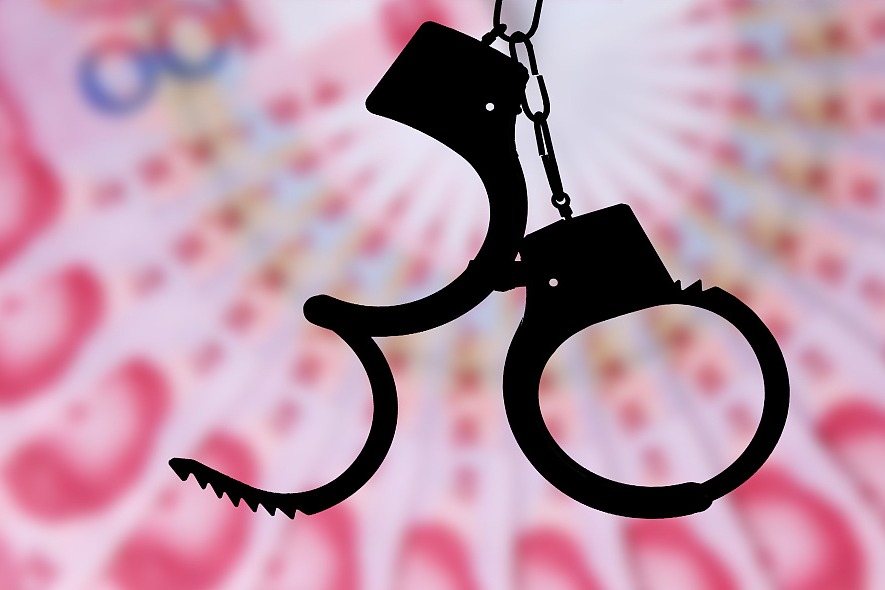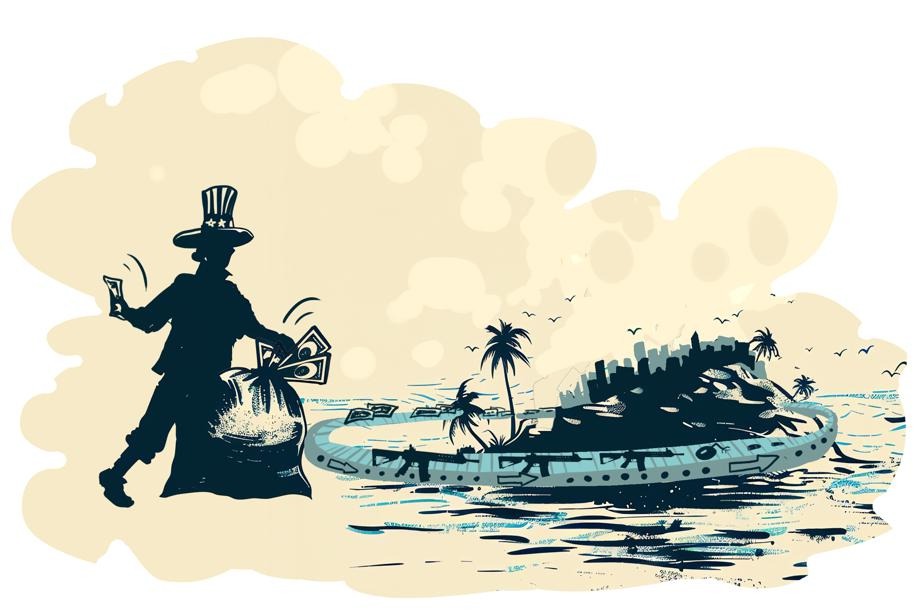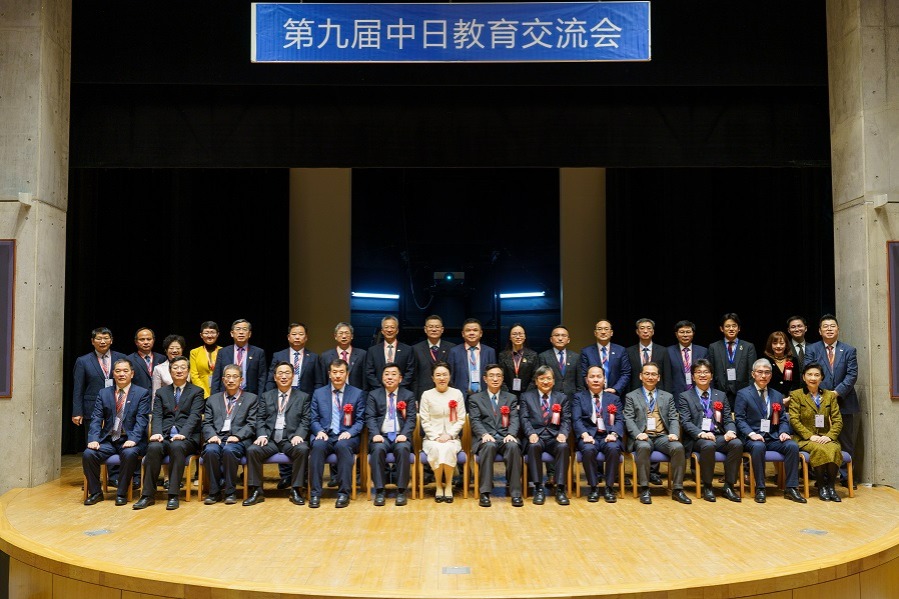Anti-corruption fight will not spare even the 'small flies'


The Communist Party of China is currently carrying out a nationwide Party discipline education campaign, showcasing that rigorous self-governance is continuously in progress.
In fact, several times each year, the leaders of the Communist Party of China hold meetings to study the report of the Central Commission for Discipline Inspection on how anti-corruption operations were conducted in the previous months and to chart the course of the corruption watchdog's work in the coming months.
The frequent, high-profile discussions show the great importance the CPC attaches to the efforts to combat intra-Party corruption, and these efforts will continue till corruption is rooted out from the Party. Besides the targets of "big tigers" and "foxes", "swatting the flies" has also been attached increasing importance.
The Chinese people know that "big tigers" mean corrupt high-ranking officials, "foxes" refer to corrupt officials and criminal suspects who flee to other countries and regions to escape punishment, and "flies" mean lower-level officials and workers who force common folks to pay bribes to get things done.
The CCDI statistics released earlier this year show that about 610,000 officials were punished for violating Party discipline last year. Among them, 49 were officials above the vice-minister/governor level while 3,144 were above the bureau level.
For the past eight years, the "fox hunting campaign" has helped bring a few thousand criminal suspects back to China to be tried in court and punished for their crimes.
Of the lower-level officials punished last year, more than 61,000 were reportedly rural grassroots cadres. Many can decide how much a family can get from government subsidies for growing crops, and housing and healthcare. The fact that in land acquisition deals hundreds of millions of yuan change hands shows that without effective supervision, a big portion of the money can go into the pocket of corrupt rural grassroots cadres.
One of the officials punished last year was the head of a city's medical emergency service center in Xi'an of Shaanxi province. He not only took bribes worth thousands of yuan but also neglected his duty at a time when the entire society was mobilized to combat the COVID-19 pandemic.
The smallest "fly" caught last year could be a social worker at the community level in Tianjin. He was put under investigation by the local supervision department for serious breach of laws and regulations. As a contract employee of a local residential community, the man is assumed to have taken a huge amount of bribes.
Data also show that 17,000 people were among those who were investigated and punished last year, indicating that the supervisors now consider bribing a serious violation of law. Earlier, those giving bribes were usually considered victims and thus subjected to light punishment. But the CCDI's new rules have made bribing a corrupt practice too.
The corruption cases and unhealthy practices exposed at the lower level last year should be carefully studied. By dissecting the cases, we can find loopholes in the governance mechanism, which can help the authorities to plug them and build a solid network that will protect the people against not only the "big tigers" and "foxes" but also the "flies".
The author is former deputy editor-in-chief of China Daily.

































